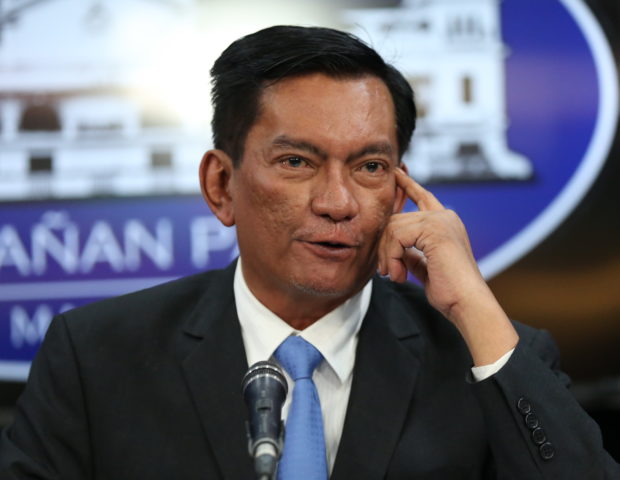Learn from Dengvaxia vaccine controversy, gov’t told

Albay 2nd District Rep. Joey Salceda.
INQUIRER FILE PHOTO
MANILA, Philippines — As the government prepares to start the vaccination of children aged 5 to 11, a lawmaker urged health authorities to learn the lessons of the 2016 Dengvaxia vaccine mess and take appropriate preventive measures.
Albay Rep. Joey Salceda, chair of the House ways and means committee, the government must not repeat the mistakes of the Dengvaxia controversy that has been tagged as one reason for the vaccine hesitancy of many Filipinos.
“The pitfalls of Dengvaxia were: the screening procedures were not as stringent, the public communication effort failed, and the narrative spiraled out of control because of questions on whether the parental consent given was truly informed,” he said.
The Dengvaxia inoculation began in 2016 during the Aquino administration and involved giving a new dengue vaccine to 830,000 schoolchildren at a cost of almost P4 billion.
The deaths of some children who received the dengue vaccine caused an outcry and criminal complaints were lodged against former government officials. Sanofi Pasteur later returned the cost of the vaccine.
Article continues after this advertisementThe Department of Justice also filed charges against the head of the Research Institute for Tropical Medicine, Dr. Rose Cepeding, for her alleged role in key research that turned out to have been funded by Sanofi Pasteur
Article continues after this advertisementIn 2021, a study by the University of the Philippines College of Mass Communication suggested that the Dengvaxia scandal contributed to the hesitancy of some Filipinos to get inoculated against COVID-19.
Salceda said the government should conduct stronger screening of children receiving COVID-19 jabs, a comprehensive public communications campaign and informed consent for parents.
“We should learn from its lessons so we don’t spoil what is in all likelihood something that is for the common good,” he said.
“There is a different sentimental and emotional response to pediatric vaccination. So, we have to be careful, sensitive and considerate in rolling the program out,” he added.
As the government scrambled to meet its inoculation targets, fake vaccination cards emerged in Cotabato City, prompting the Philippine National Police to warn the public that it would detain and charge individuals who try to use counterfeit inoculation cards.
Gen. Dionardo Carlos, chief of the PNP, said on Saturday that those caught falsifying, tampering, or using fake vaccination cards face one to six months in prison and fines ranging from P20,000 to P50,000.
He said the PNP could verify if a person has indeed been vaccinated through the databases of the Department of Health and local governments.
“Fake vaccination cards will not save you from COVID-19. Get yourselves vaccinated because it will be your best protection from severe complications brought by COVID-19,” said Cotabato City Mayor Cynthia Guiani.